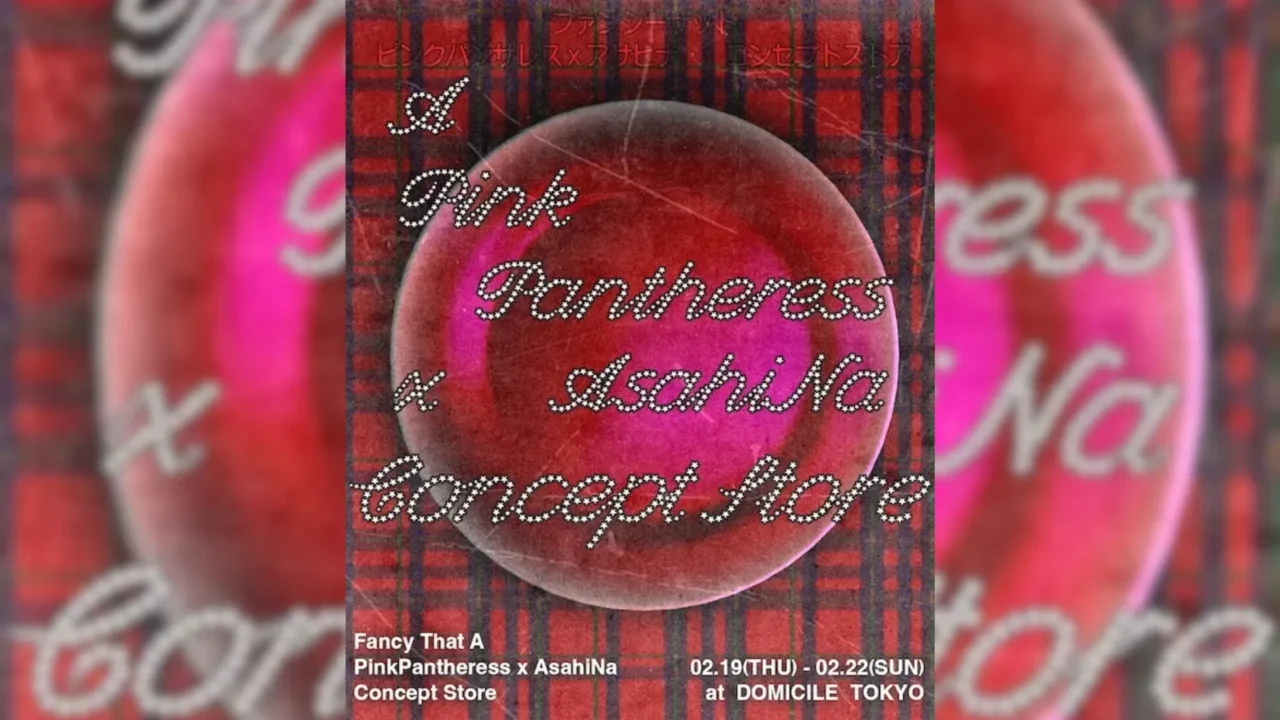INDEX
Music as an Expression of Inner Imagery and Landscapes
-When did you become interested in dance music?
Kitamura: It was the rhythmic piano that made me fall in love with Yano-san, and I think I have always liked to move my body to listen to music and dance since I was little.
-When I was in elementary school, I played in the mountains, and in fact, I have always been physically oriented [laughs].
Kitamura: That may be so [laughs]. My direct inspiration was a UK artist named Emma-Jean Thackray, and from there I started listening to house music with an awareness of it.
-I heard that you were inspired by Emma Jean Thackray’s live performance and created “ignore bird”.
Kitamura: I went to see her performance in Japan in September 2022. Until then, I had never really thought about my own live performance, but after seeing that show, I started to think that I wanted to do a live performance that could express something like the heat of the house.
-What do you think is the appeal of Emma Jean Thackray?
Kitamura: She is a jazz person and a trumpeter, but she also incorporates dance music and makes tracks, sings and DJs, and what she wants to express is coming to the fore. I am not that familiar with the scene or genre, but I feel like I am influenced by people who are doing what they want to express straight away. Emma also seemed really cool to me even without knowing the premise of her music, so I really liked her. Until then, I had only been performing live as a soloist, but Emma’s influence was a big part of my decision to try incorporating DTM elements into my live performances.
-How long have you been doing your current style of live performances using synchronization?
Kitamura: We created that style for “Fuji Rock” in 2023. When I listen to Emma-san again now, her live sound is very strong, and I would like to do it with live sound someday myself, but lately I have been listening to a lot of dance music that is made on software.
-What artists influenced you in the making of the new EP?
Kitamura: For this EP, I created everything using software sounds. I really admire Fred Again.. and I’ve been listening to Four Tet as well. Skrillex is another one, and in Japan, Fellsius’s track-making has had a huge influence on me. I also like Tomggg. Rei Harakami has been an influence too. I enjoy listening to sounds that feel comforting to the ear.
I used Logic to make my previous singles, but I used Ableton Live to make all five tracks for this album. Many dance music artists use Ableton, and I’ve always thought the built-in sound was really cool, so I took this as an opportunity to change it up.
-How did using Ableton affect your songwriting?
Kitamura: Ableton has a full range of synth sounds, and I can see them in waveforms. So when I wanted to cut down the sound release a little more, it was great to be able to visually understand how the release was cut down in this way. On the other hand, Logic has a lot of live sound, so when I want to add a marimba or a violin pizzicato sound, I create it in Logic. I would like to continue to use both because I can do more with both.
-I would like to continue to use both in the future.
Kitamura: I bought it in December of 2023, and although I’m not very good at it yet, I thought I would never practice it unless I played it live, so I decided to make a song about it [laughs].

-The last song on the EP, “blue sight,” was the last song you played at Fuji Rock in 2023.
Kitamura: “blue sight” is a modular synth I happened to find on YouTube, and I thought the sound was great, so I started to create the riff. So I had an image of the song first, and I wrote the lyrics based on a scene I had in my head. The arrangement for the soundtrack is quite different from the live version, so I hope people will enjoy that as well.
-I hope that people will enjoy it as well.
Kitamura: I had a vague goal in mind. I created the song by reading books to find words that I could use and reading English lyrics that I liked.
–I think I wanted to create a visual image of myself, rather than “write a song about my experiences and feelings,” as singer-songwriters are wont to do. Of course, I think personality has something to do with that background.
Kitamura: I think so. I feel that music is a way to express the images and scenery that I have inside me.


























